Raising vegan children can provide numerous health benefits, but it's important to ensure they receive adequate nutrition. This comprehensive guide…
Read More »Vegan Diets
Looking to adopt a plant-based lifestyle? Discover the incredible world of Vegan Diets with Baobei. Our comprehensive guide will take you through the benefits, potential nutrient considerations, environmental impact, and ethical aspects of following a vegan diet. Learn how to obtain essential nutrients without compromising your health and explore common myths and misconceptions surrounding veganism. Whether you’re curious about switching or simply want to enhance your knowledge, this article will empower you on your journey towards embracing a vegan lifestyle.
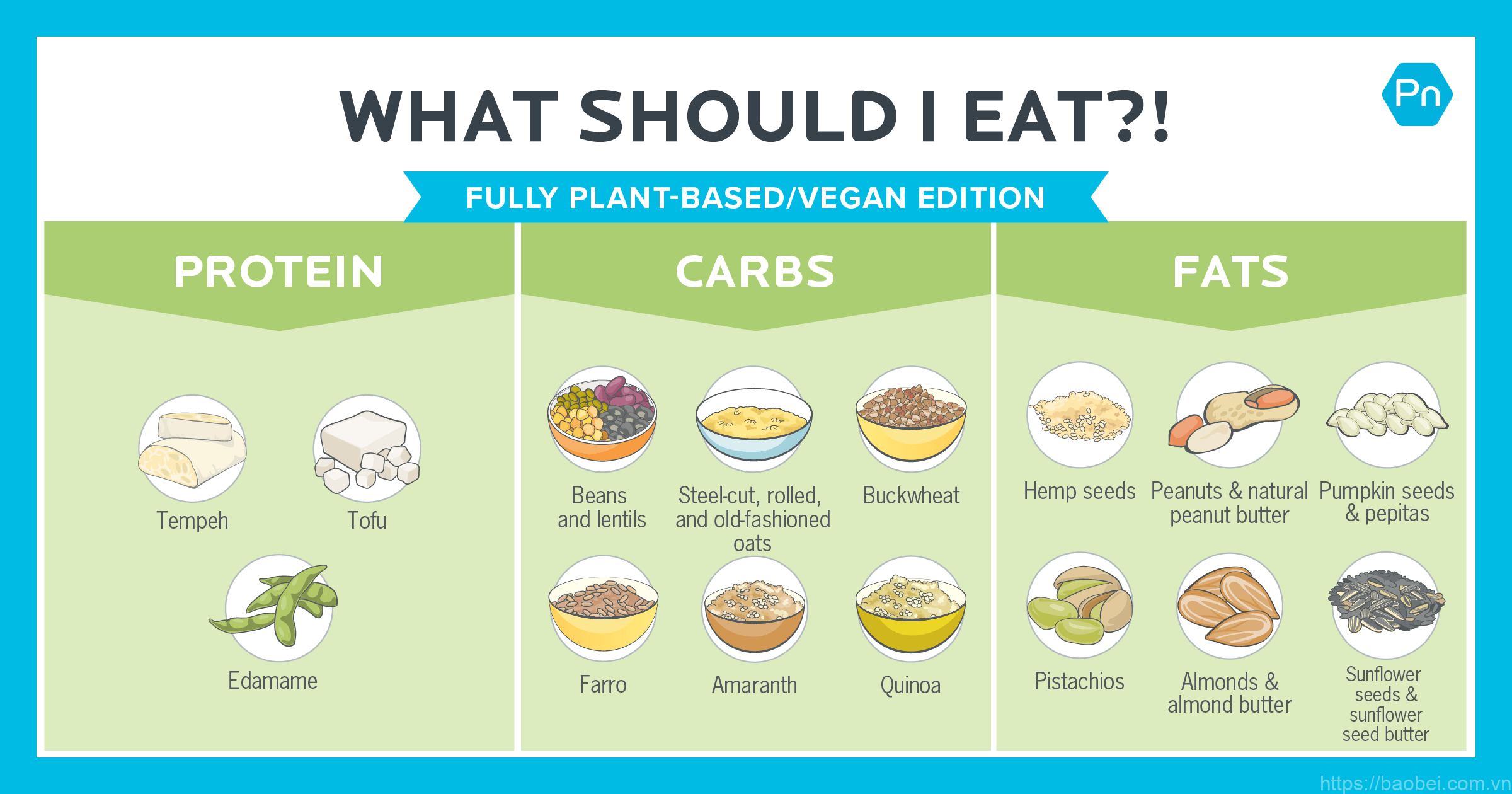
| Key Takeaways from “Vegan Diets” Guide |
|---|
| Understand what a vegan diet is and its benefits |
| Be aware of potential nutrient deficiencies and how to address them |
| Learn about the environmental impact of vegan diets |
| Consider the ethical considerations of a vegan lifestyle |
| Debunk common myths and misconceptions about veganism |
| Get practical tips and advice for transitioning to a vegan diet |
I. What is a Vegan Diet?
Understanding the Basics
A vegan diet is a plant-based eating plan that excludes all animal products. It goes beyond just avoiding meat and includes the exclusion of dairy, eggs, honey, and any other animal-derived ingredients. Vegans rely on fruits, vegetables, whole grains, legumes, nuts, and seeds as their primary sources of nutrition. This dietary choice is closely associated with ethical concerns for animals, environmental sustainability, and health benefits.
- Vegan diets exclude all animal products
- Plant-based foods form the foundation of the diet
Health Benefits of a Vegan Diet
Adopting a vegan lifestyle can have numerous health benefits. Research suggests that vegans tend to have lower risks of heart disease, high blood pressure, type 2 diabetes, and certain types of cancer. Emphasizing whole plant foods can provide a wide range of essential vitamins, minerals, and antioxidants that promote overall well-being.
- Lower risk of chronic diseases
- High intake of vitamins, minerals, and antioxidants
II. Benefits of a Vegan Diet
1. Improved Heart Health
A vegan diet has been associated with numerous benefits for heart health. By eliminating animal products, such as red meat and high-fat dairy, vegans naturally consume less saturated fat and cholesterol, which are known to contribute to heart disease. Instead, their diet is typically rich in fruits, vegetables, whole grains, and legumes, providing essential nutrients and fiber that promote cardiovascular health. Studies have shown that vegans generally have lower blood pressure, cholesterol, and reduced risk of heart disease compared to non-vegans.
2. Weight Management and Body Composition
Another advantage of adopting a vegan diet is its positive impact on weight management and body composition. Plant-based diets tend to be lower in calories and higher in fiber, which can promote feelings of fullness and aid in weight loss. Furthermore, veganism encourages the consumption of nutrient-dense foods that are typically lower in energy density, such as fruits and vegetables. These factors, combined with a reduced intake of saturated fat, can contribute to maintaining a healthy weight and improving body composition.
- In a study published in the Journal of General Internal Medicine, participants following a vegan diet had a significantly greater weight loss compared to those on a conventional diet, even when calorie intake was matched.
- Research has shown that individuals who follow a vegan diet typically have a lower body mass index (BMI) and reduced risk of obesity.
3. Lower Risk of Chronic Diseases
A diet rich in plant-based foods and devoid of animal products has been linked to a lower risk of developing chronic diseases. The antioxidants, phytochemicals, and fiber found in fruits, vegetables, whole grains, nuts, and seeds have been shown to have protective effects against conditions like type 2 diabetes, certain types of cancer, and age-related macular degeneration. The abundance of beneficial nutrients found in a vegan diet helps support overall health and reduces the risk of chronic diseases that often plague our society.
4. Enhanced Digestive Health
Another benefit of following a vegan diet is its potential to promote digestive health. Plant-based diets tend to be high in fiber, which aids in digestion by keeping the digestive system regular and preventing constipation. The fiber found in vegetables, fruits, whole grains, and legumes also acts as prebiotics, promoting the growth of beneficial gut bacteria that contribute to a healthy gut microbiome. A healthy gut has been linked to improved digestion, nutrient absorption, and overall immune function.
| Benefits of a Vegan Diet |
|---|
| Improved heart health |
| Weight management and body composition |
| Lower risk of chronic diseases |
| Enhanced digestive health |
III. Potential Nutrient Deficiencies in a Vegan Diet
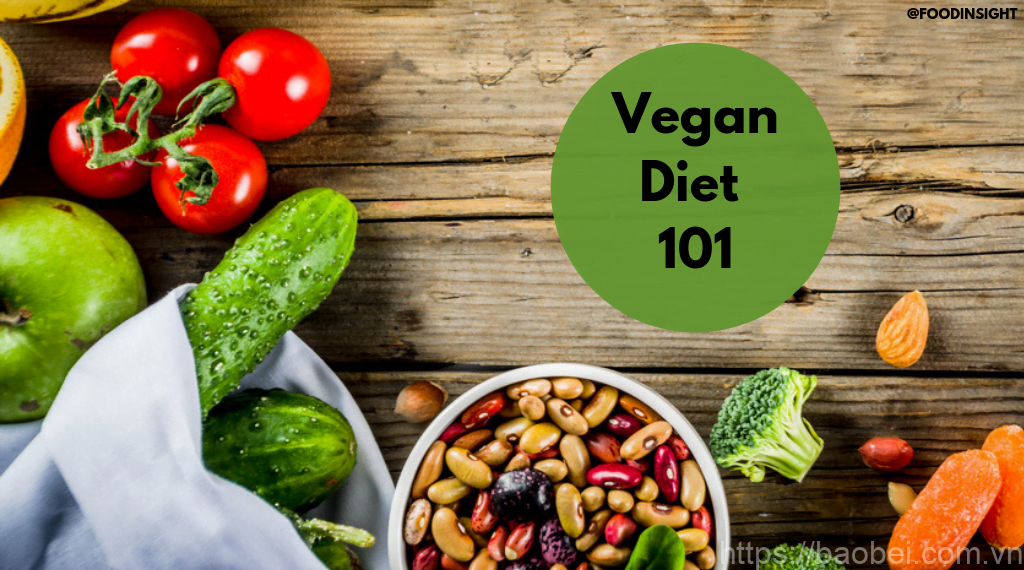
Vitamin B12
Vitamin B12, also known as cobalamin, is primarily found in animal-based foods. As a result, individuals following a vegan diet are at an increased risk of developing a deficiency in this vital nutrient. Vitamin B12 plays a crucial role in various bodily functions, including red blood cell production and nerve function.
- Obtaining an adequate amount of vitamin B12 can be challenging for vegans since plant-based sources do not naturally contain this nutrient.
- Fortified products like plant-based milk alternatives, cereals, and nutritional yeast can be valuable sources for vegans to meet their daily vitamin B12 requirements.
- Supplementing with vitamin B12 is often recommended for individuals on vegan diets to prevent deficiencies.
Omega-3 Fatty Acids
Omega-3 fatty acids are essential fats that provide numerous health benefits. While fish and seafood are rich sources of omega-3s, these options are excluded from a vegan diet. It’s important for vegans to ensure they’re getting enough omega-3 fatty acids to support heart health and cognitive function.
- Flaxseeds, chia seeds, hemp seeds, and walnuts are plant-based sources that contain alpha-linolenic acid (ALA), which the body converts into essential omega-3 fatty acids like eicosapentaenoic acid (EPA) and docosahexaenoic acid (DHA).
- Incorporating these foods into the diet regularly can help vegans fulfill their omega-3 requirements. However, it’s important to note that the conversion process from ALA to EPA and DHA may not be efficient in everyone.
- In such cases, algae-based supplements that provide direct EPA and DHA can be beneficial for maintaining optimal omega-3 levels.
IV. How to Get Essential Nutrients on a Vegan Diet

1. Plant-Based Protein Sources
Protein is an essential nutrient for the body, and it can be obtained from various plant-based sources. Legumes, such as lentils, chickpeas, and black beans, are excellent sources of protein. Including them in your meals can not only provide sufficient protein but also essential fiber and micronutrients.
Other plant-based protein sources include tofu, tempeh, and seitan. These alternatives are versatile and can be used in a variety of dishes. Additionally, nuts and seeds, such as almonds, chia seeds, and hemp seeds, offer a good dose of protein. Incorporating a variety of these plant-based protein sources ensures you meet your protein requirements on a vegan diet.
- Legumes: lentils, chickpeas, black beans
- Alternatives: tofu, tempeh, seitan
- Nuts and seeds: almonds, chia seeds, hemp seeds
2. Essential Vitamins and Minerals
While a vegan diet can provide ample vitamins and minerals, it’s important to pay attention to a few key nutrients to ensure you’re meeting your body’s needs.
Vitamin B12 is one such nutrient that is primarily found in animal-derived products. Vegans can obtain it from fortified foods or B12 supplements to prevent deficiency. Leafy green vegetables, such as spinach and kale, are excellent sources of iron, while calcium can be obtained from fortified plant-based milk alternatives, tofu, and leafy greens.
- Vitamin B12: fortified foods or supplements
- Iron: leafy green vegetables
- Calcium: fortified plant-based milk alternatives, tofu, leafy greens
V. The Environmental Impact of Vegan Diets
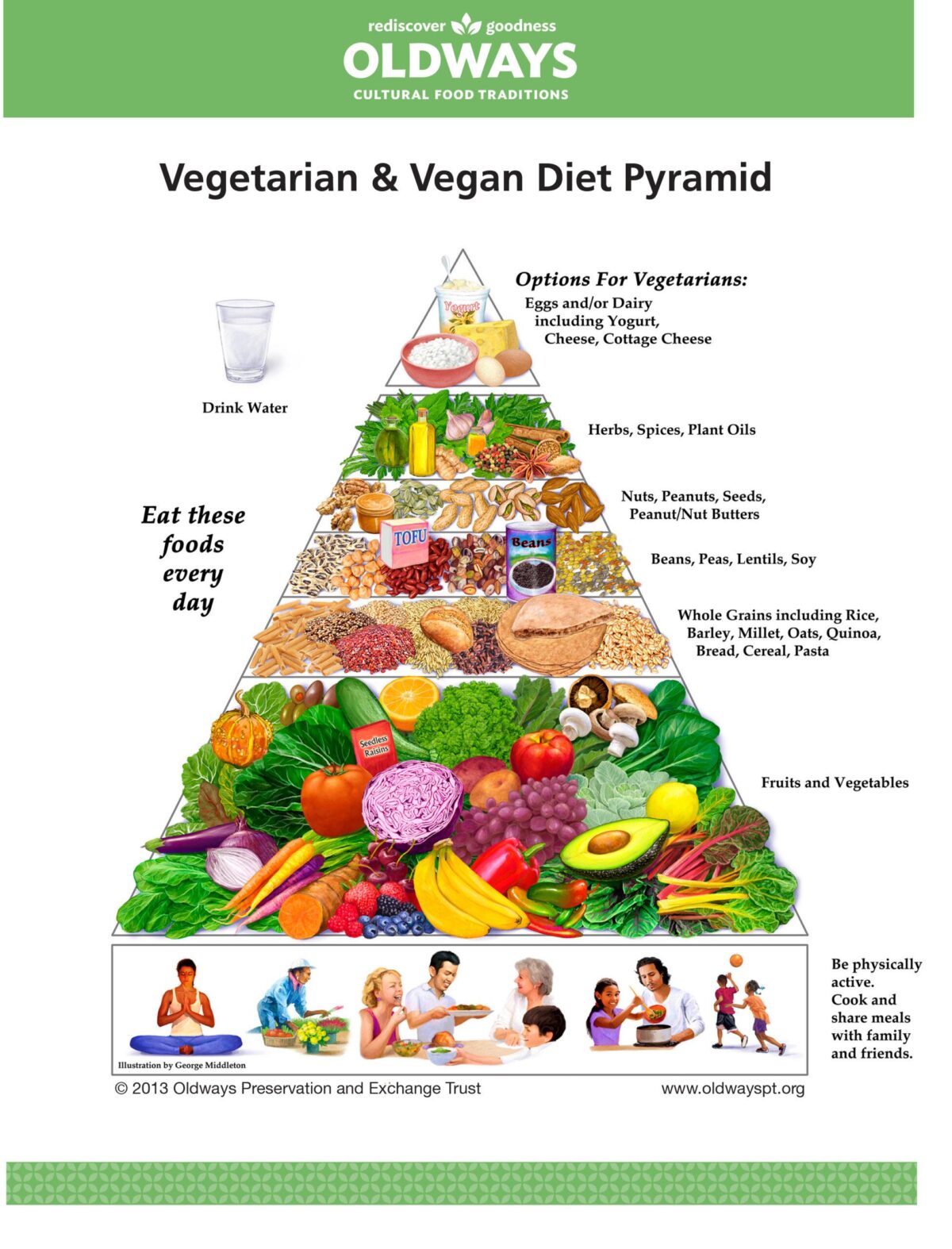
Reduced Carbon Footprint
Vegan diets have a significantly lower carbon footprint compared to diets that include animal products. Livestock agriculture is a major contributor to greenhouse gas emissions, deforestation, and water pollution. By eliminating meat, dairy, and other animal-derived foods from your diet, you can play a crucial role in reducing carbon emissions and mitigating climate change.
- According to a study published in the journal Science, adopting a vegan diet could reduce your carbon footprint by up to 73%.
- Avoiding the consumption of meat and dairy products saves vast amounts of energy, water, and land resources that are otherwise required for animal agriculture.
- By choosing plant-based alternatives, such as tofu or lentils, over animal-based protein sources, you can significantly reduce the environmental impact associated with food production.
Preservation of Natural Resources
Vegan diets help in the preservation of natural resources, including land, water, and biodiversity. Animal agriculture demands vast amounts of land and water, leading to deforestation and depletion of freshwater sources. Opting for a vegan lifestyle can contribute to the conservation of these precious resources.
- Animal agriculture requires large tracts of land for livestock grazing and crop production to feed the animals. By reducing the demand for animal products, we can limit deforestation and protect natural habitats.
- Water consumption for plant-based foods is significantly lower compared to the water-intensive production of meat and dairy. Choosing vegan options can help conserve water resources and alleviate water scarcity issues.
- Avoiding the fishing industry can also aid in preserving marine ecosystems and protecting marine biodiversity from overfishing and destructive fishing practices.
VI. The Ethical Considerations of Vegan Diets
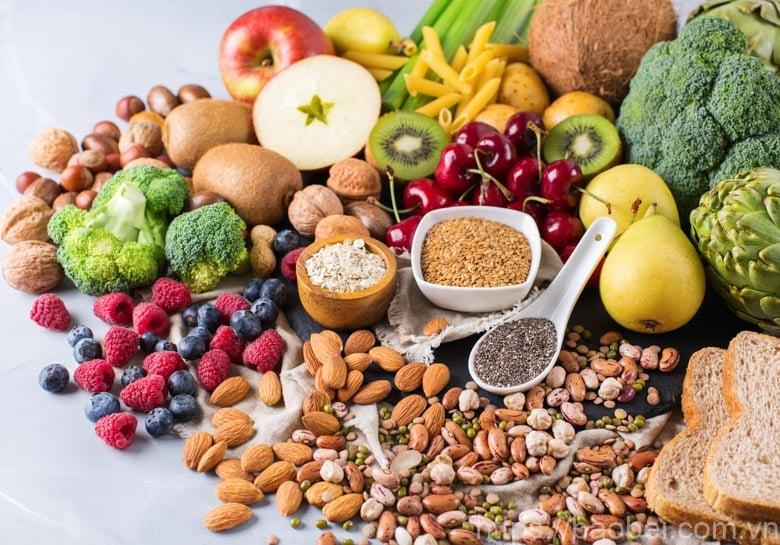
Animal Welfare
One of the primary ethical considerations of following a vegan diet is animal welfare. Vegans choose to abstain from consuming animal products due to concerns about the treatment of animals in the food industry. They believe that animals have inherent rights and should not be used for human consumption or exploitation. By adopting a vegan lifestyle, individuals aim to reduce the demand for animal products and promote a more compassionate and cruelty-free approach to living.
Environmental Impact
Another ethical aspect of vegan diets is the environmental impact. Animal agriculture is a significant contributor to deforestation, water pollution, greenhouse gas emissions, and biodiversity loss. Vegans recognize the detrimental effects of these practices on the planet and choose a plant-based diet as a way to reduce their ecological footprint. By avoiding animal products, individuals can play a part in mitigating climate change, preserving ecosystems, and promoting sustainable use of resources.
- Vegans prioritize animal welfare by avoiding animal products
- Adopting a vegan lifestyle promotes compassion and cruelty-free living
“The greatest ethical test that we’re ever going to face is the treatment of those who are at our mercy.”
| Benefits of considering the ethical aspects of vegan diets |
|---|
| Advocating for animal rights and welfare |
| Promoting a sustainable and environmentally conscious approach |
VII. Common Myths and Misconceptions about Vegan Diets
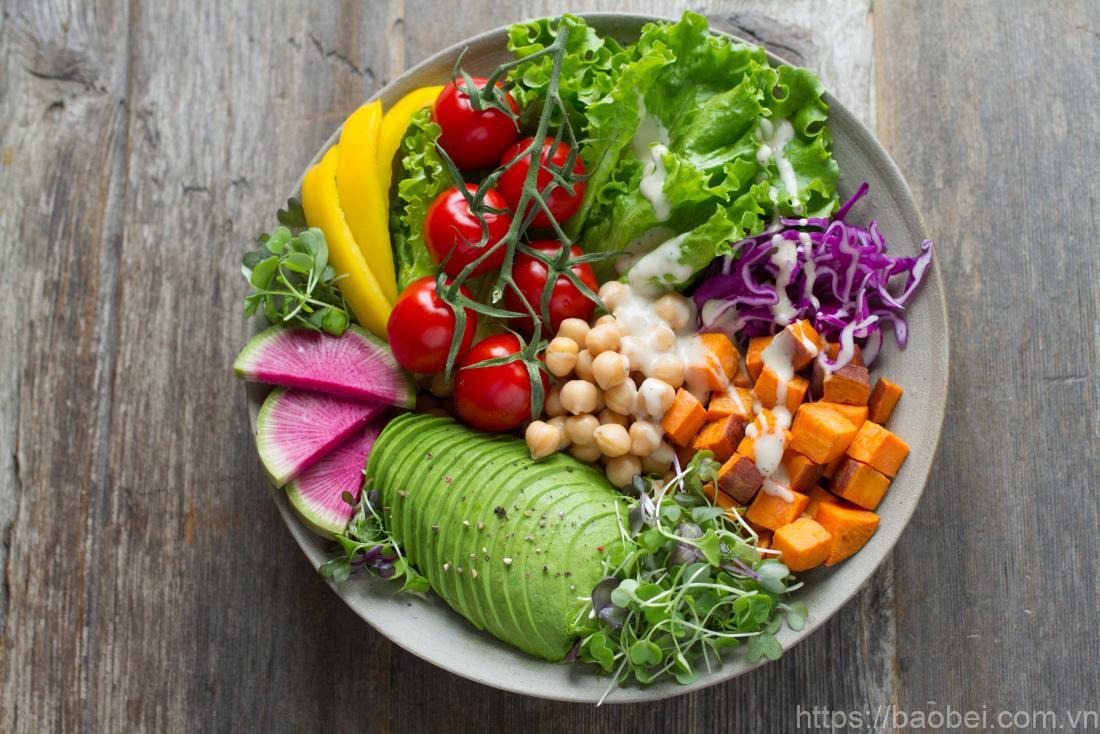
Myth 1: Vegan Diets Lack Sufficient Protein
One common misconception about vegan diets is that they do not provide enough protein. However, it is entirely possible to meet protein requirements on a vegan diet by incorporating plant-based protein sources such as legumes, tofu, tempeh, seitan, and quinoa into the diet. These plant-based protein sources are not only rich in protein but also packed with essential nutrients. Additionally, vegan protein powders and fortified plant-based products are readily available as convenient options for meeting protein needs.
| Plant-Based Protein Sources | Protein Content per Serving |
|---|---|
| Lentils (cooked) | 18 grams |
| Chickpeas (cooked) | 15 grams |
| Tofu (100g) | 8 grams |
| Quinoa (cooked) | 8 grams |
Myth 2: Vegan Diets Lack Essential Nutrients
Another myth surrounding vegan diets is that they are inherently deficient in essential nutrients like calcium, iron, and vitamin B12. While it’s true that these nutrients are primarily found in animal-based foods, it is entirely possible to obtain them from plant-based sources or through supplementation. Vegan-friendly calcium sources include leafy greens, tofu, fortified plant-based milk, and calcium-set tofu. Iron-rich plant-based foods include legumes, spinach, quinoa, and fortified cereals. As for vitamin B12, it is recommended for vegans to take a supplement, as it is generally not naturally present in plant-based foods.
- Calcium-fortified plant-based milk: 120-300 mg per cup
- Spinach: 6 mg of iron per cup (cooked)
- Fortified breakfast cereals (per serving): Varies by brand, typically 100% or more of the daily recommended intake
VIII. Tips for Transitioning to a Vegan Diet
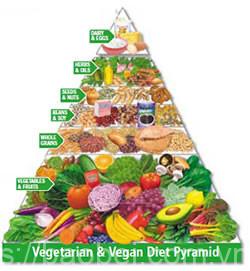
Educate Yourself
Before embarking on a vegan diet, it’s essential to educate yourself about the principles and requirements of this lifestyle. Familiarize yourself with plant-based sources of protein, iron, calcium, and other essential nutrients. Understand the potential challenges you may face and prepare yourself mentally and emotionally for the transition. By having a strong knowledge base, you’ll be better equipped to make informed food choices and ensure you’re meeting your nutritional needs.
- Research reputable vegan resources and websites
- Read books and watch documentaries on veganism
- Join online vegan communities for support and advice
Start Slowly
Transitioning to a vegan diet doesn’t have to happen overnight. It’s perfectly fine to start slowly and gradually make changes. This approach allows your taste buds and digestive system to adapt to the new way of eating and reduces the chances of feeling overwhelmed.
- Begin by incorporating more fruits, vegetables, and whole grains into your meals
- Try replacing one meal or snack per day with a vegan alternative
- Experiment with new plant-based recipes and flavors
IX. Conclusion
In conclusion, adopting a vegan diet can have numerous benefits for both individuals and the environment. By eliminating animal products from their meals, vegans can experience positive health outcomes, including lower risks of heart disease, obesity, and certain types of cancer. Additionally, a well-planned vegan diet can provide all the necessary nutrients, with alternatives available for essential vitamins, minerals, and protein sources.
Furthermore, vegan diets contribute to reducing greenhouse gas emissions, conserving water resources, and preserving biodiversity. Ethical considerations also play a significant role in choosing a vegan lifestyle, as many people strive to avoid animal cruelty and exploitation.
While there may be some misconceptions surrounding veganism, understanding the facts and debunking myths can help individuals make informed choices about their dietary habits.
For those considering transitioning to a vegan diet, it is important to do thorough research, seek professional guidance if needed, and gradually incorporate plant-based foods into their meals. Making small but sustainable changes can lead to long-term success on a vegan journey.
Discover the various types of plant-based milk varieties and their health benefits. Compare their nutritional profiles and learn how to…
Read More »Discover how veganism is embraced in diverse cultures worldwide. This comprehensive article delves into the dietary practices, traditional cuisine, historical…
Read More »Discover the art of Vegan Cooking Techniques through this comprehensive guide. Explore essential tools, substitutes, and alternatives for vegan cooking…
Read More »Looking for Vegan Cheese Alternatives? Learn about the various types of vegan cheese available, why people choose these alternatives, and…
Read More »



